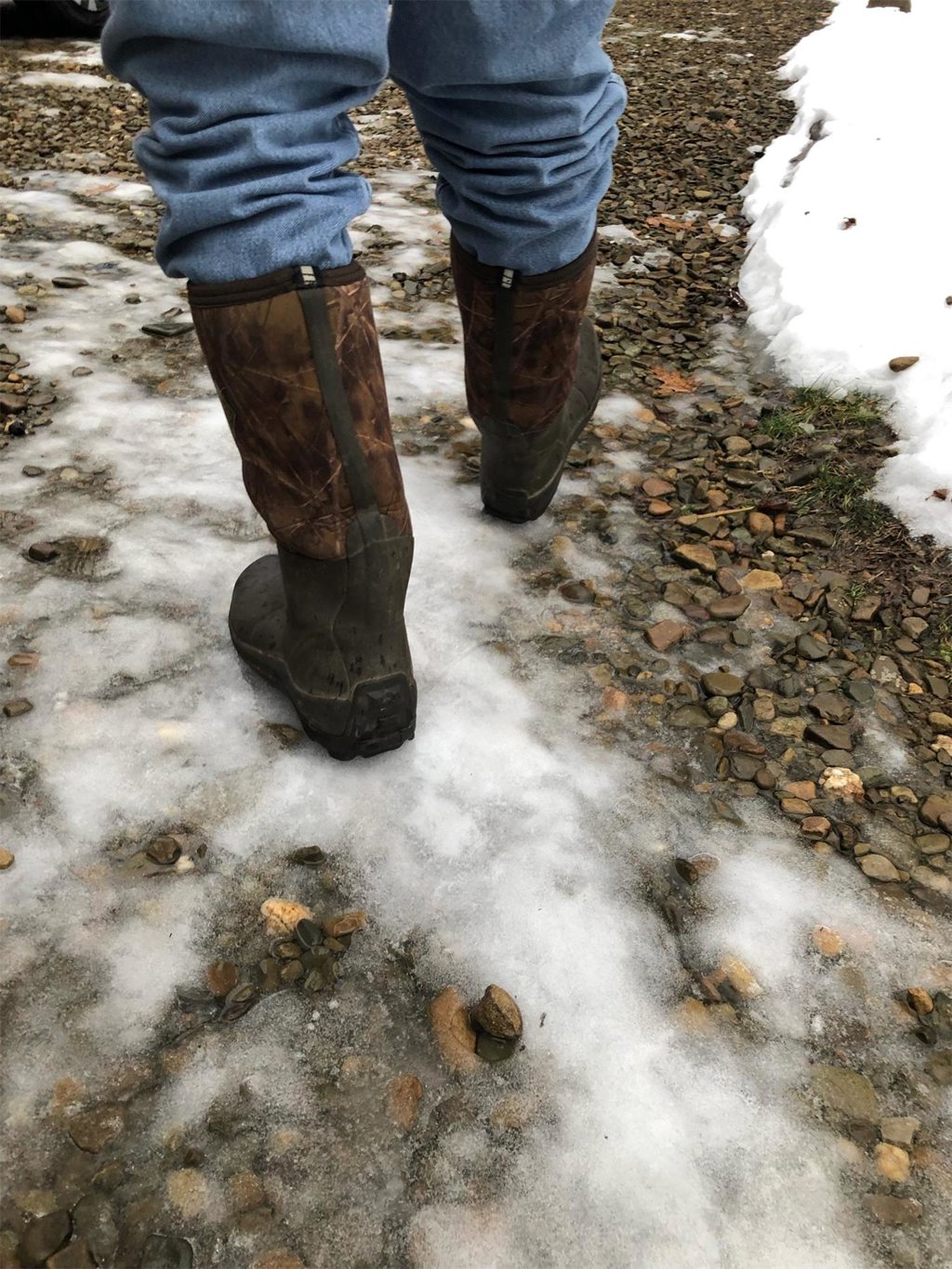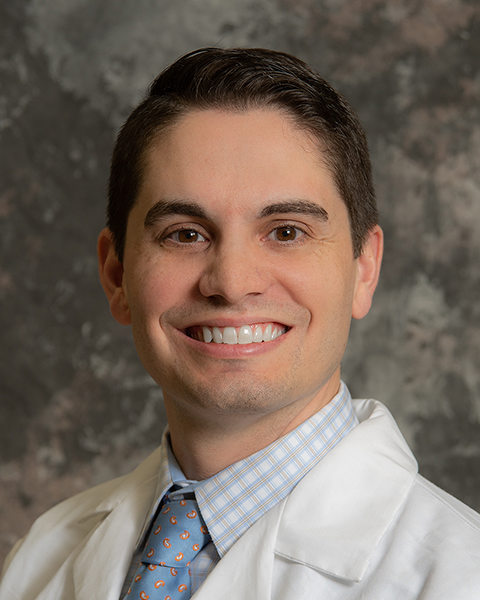Concussion Awareness in Winter
Concussions are not just for athletes. Anyone who receives a blow to the head can get a concussion – including those who hit their heads falling on icy sidewalks or in traffic accidents. And these hits should be taken seriously.
What is a concussion? Concussion is a term for a brain injury that temporarily interferes with the way your brain works and can affect attention span, memory, judgment, reflexes, balance, coordination and sleep patterns, according to the National Institutes of Health.
Head injuries happen in a lot of different ways. Most commonly, they occur from car accidents and falls or are sports-related, according to Matt Bridgman, PhD, ABPP, a board-certified clinical neuropsychologist at Penn Highlands DuBois. Neuropsychology is the study of the relationship between the brain and our behavior and cognition, or thinking abilities. Bridgman and Christopher Varacallo, DO, orthopedic/sports medicine physician in DuBois, oversee the Concussion Clinic for Penn Highlands Healthcare where they provide care for those who have concussions.
Head injuries are usually rated as either mild, moderate or severe traumatic brain injuries. Moderate and severe traumatic brain injuries typically involve structural damage and bleeding in the brain. The term concussion is often used to refer to milder ones, Bridgman said. The symptoms of a concussion are the result of temporary changes in chemicals and biological processes that go on inside the brain.
What should be done if an individual hits his or her head hard? Seek medical help. If the person is unconscious, act as if there is a spinal injury, and don’t move the person until help arrives.
“Concussions are diagnosed the same way whether it is an athlete or non-athlete,” Varacallo said. “The diagnosis is made from a detailed history and physical examination, carefully asking specific questions designed to uncover the symptoms of a concussion. There are also specific exam tests that can be done that may shed light on the part of the brain that is injured from the concussion.”
Signs and symptoms following a concussion can include confusion, disorientation, headache, dizziness, loss of consciousness and drowsiness. Individuals may not remember things that happened during a period of time immediately after the injury. It is a misconception that one must black out to call an injury a concussion.
In fact, some people can have a concussion and may not even realize it. A patient may have a reduced attention span or forgetfulness. Some patients may have a slight change in personality – saying or doing things that seem out of character. For example, a quiet person may start singing or acting silly, or a louder person may be quiet. Some may ask unusual questions or say unusual things. This is when it is important for others to speak up. A medical professional may not know that a person is acting different than before.
The good news is that these changes are temporary. Great advances in research with concussion over the past 10-20 years have revealed that the biological changes in the brain resulting from a concussion resolve completely in 7-10 days in most cases, though symptoms can last longer depending on a variety of factors.
“With what we have gathered from our history and physical examination, we can better formulate a comprehensive treatment and recovery plan oftentimes utilizing other specialties, like physical therapy and neuropsychology,” Varacallo said.
Imaging - a CT scan or MRI of the brain - is often not useful in concussion diagnosis as a concussion is not a structural issue with the brain. If scans are done, it is usually to rule out bleeding.
For a mild head injury, no specific treatment may be needed, but the person should be watched for the next 24 hours since some symptoms of a serious head injury can sometimes be delayed. If nausea and vomiting occur after a head injury, these are less common and may indicate a more severe injury.
Over-the-counter pain medicine, such as acetaminophen, or Tylenol, may be used for a mild headache. Avoid Aspirin, ibuprofen, or Advil and Aleve, or other anti-inflammatory medications because they can increase the risk of bleeding.
“Getting adequate rest and avoiding over-exertion is typically recommended for the first few days following a concussion,” Bridgman said. “Avoidance of aggravating activities is a hallmark of concussion treatment and recovery,” Varacallo said. “A very simple rule of thumb is if your symptoms are being made worse by an activity, whatever it is, then you need to take a break. For example, if watching television for 15 minutes is aggravating your headache then you need to find a quiet place for your brain to rest.”
"As symptoms improve, a person may return, gradually, to their previous levels of work and activity,” Bridgman said. Most individuals who have had a concussion will recover completely over the course of a few days to a few weeks.
“For more complicated symptoms like difficulty with balance or eye tracking and following objects, then spending some time with a concussion trained physical therapist is a great idea and should be recommended,” Varacallo said. “There is even research that shows supervised physical activity with certain limitations is beneficial and can aide in concussion recovery. Gone are the days of when we told people to take two weeks off and return to activity without any specific instructions. Cutting-edge concussion recovery requires a knowledgeable provider who can identify the injured areas of the brain and recommend treatments that will speed the process of recovery in a safe and efficient manner.”
Of course, the best course of action is to always prevent a concussion. Bridgman and Varacallo encourage everyone to wear a seatbelt and be aware of icy walkways. Take precautions by using ice-melting products on sidewalks. Staying home is sometimes the best option, but also be sure there are no tripping hazards there, either.
And if you need help, the Concussion Clinic is available at 814-375-6200, or go to www.phhealthcare.org/concussion to learn more.


